Charles City FFA members are PALS to elementary students
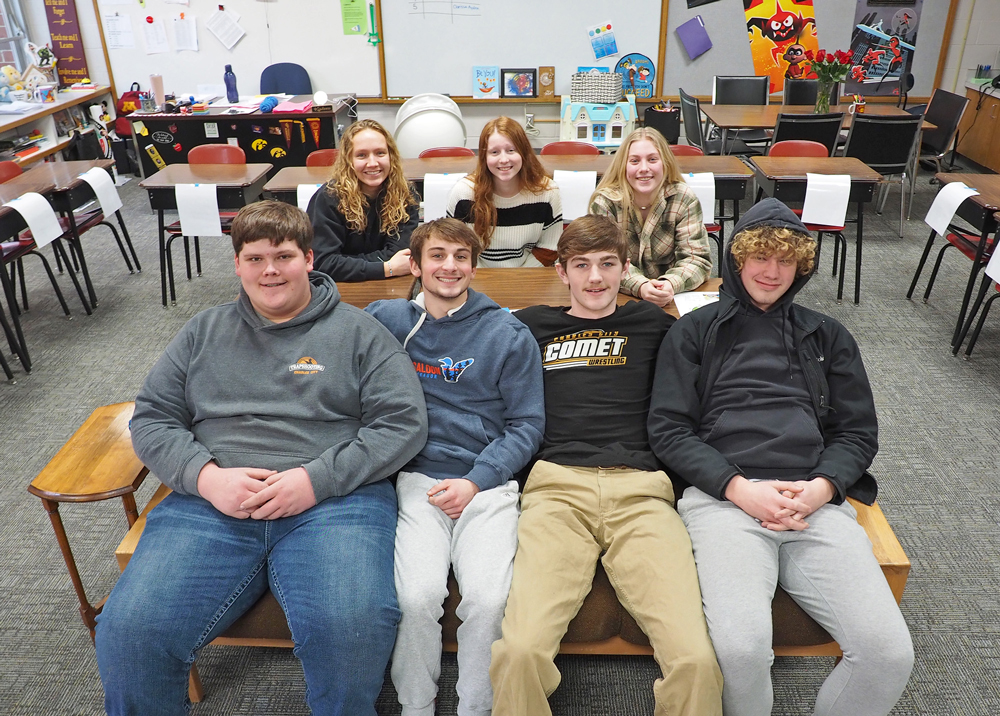
By Bob Steenson, bsteenson@charlescitypress.com
Everybody should have a pal. For a group of Lincoln Elementary third and fourth graders, their pals are high school PALS.
Partners in Active Learning Support is an FFA program that has been around since 1990, and has been used in Charles City schools previously, but not for awhile.
It was started up again last fall by elementary school counselor Michelle Dohlman and agricultural education teacher and FFA advisor Bret Spurgin.
“Kids mentoring kids, kids being with kids – just really some of the best relationships that you can build. Just having that extra 20 minutes once per week to spend with someone different,” Dohlman said about the program.
“It’s good for the elementary kids to get that quality time, and I think these guys are getting good out of it, too, being able to make that impact,” Spurgin said about the 24 FFA students participating in the project.
“The FFA is all about premier leadership, personal growth and career success. I think we’re hitting premier leadership and personal growth here with these guys. They’re acting as leaders,” he said.
There are 26 third and fourth graders at Lincoln Elementary taking part in the program, suggested by other teachers as kids who might benefit from some one-on-one time with older students.
Dohlman said she has used the program in three other schools where she worked, including in Rockford where she was an ag teacher, and she called it “one of the best things that I did.”
“It’s my favorite day of the week when you guys come over,” she said, talking to a group of FFA students who are taking part in the program.
So far, the bigger kids have been playing games, playing around in the gym and doing some art projects with the littler kids.
Lydia Staudt, one of the participating FFA members, said, “I think it’s cool to see whenever we walk into the school, like right when you pick up your kid from the class, you can tell that they’re happy that you’re here, so it’s not like it’s a hassle for them to get out of class and come be with us. They’re immediately smiling and they’re excited to come see us.”
FFA member Zach Chambers said, “Growing up, I always had someone to go to, always had a good leader, a good support group, and some of these kids might not have that, so I’m here to offer that for them.”
Dohlman said that when surveyed, the results show most kids want time more than material things.
“All of our kids want time. They want time with people, and there’s just not enough time or people always to go around, so this definitely helps give them another social connection,” she said.
FFA member Kayden Blunt said, “When I was younger I had older high schoolers reading books to me. I had a reading buddy when I was younger. I’m just giving back what I received when I was younger.”
“It’s full circle,” Dohlman said, adding that the program is a commitment for the FFA students.
“They’re giving up their time. They’re leaving school – which is probably kind of fun – but then they have to come down here, and not all the kids that they’re paired with are super easy. They’re kids. You know sometimes its, ‘Today was a rough day, you know,’” she said.
“But I think the mentoring itself, like any mentor program, benefits two-fold. It benefits the older person just as much as the younger person. Sometimes I think the older kids get even more out of it. They’re more cognizant of what’s going on,” Dohlman said.
She said she knows the little kids enjoy it. They watch the clock when they know it’s close to time for the PALS high schoolers to come over.
“They know what time you’re supposed to be here. If they’re not here, it’s ‘Where’s my person, Miss Dohlman, where’s my person?’” she said. “It’s important to them.”
One aspect of the PALS program as it is organized through the FFA is an emphasis on agriculture.
“PALS is a mentoring program that matches high school agriculture students with elementary students to help them get excited about school, explore their interests in plants, animals and their environment, and develop their personal skills,” FFA materials for the program state.
“The mentoring role is a major commitment on the part of the high school students. These mentors are selected to help build the human resource potential of a young child as well as that of themselves. The mentors will receive training from high school and elementary counselors and agriculture teachers when they are not working with elementary students,” The PALS workbook says.
Spurgin said the current program just started in November, and so the ag aspect has not been a big part of it yet.
Dohlman said, “We are going to do some seed planting this spring. I would like to see something to do outside, or some way to connect it to.”
She said some of the younger students said they had never seen live farm animals up close.
Dohlman said the reaction outside of the classes has been positive. Some of the parents of the younger students have said thanks for getting their kids involved, and the other teachers at Lincoln are excited about the opportunity for more role models to be in the building.
One of the FFA students said the teachers have been very supportive.
“When we go in there they’re always saying hi to us,” she said. “They don’t ever act like it’s a problem getting their kids out of class.”
Spurgin said the program aligns with the school district’s mission, and the concept of school being a family.
He said it’s also nice to have the older students talk to the younger students about what they do in FFA.
“It’s not bad to get them thinking about FFA a little early,” he said.
Both teachers said the intent is to continue the program in the future, with new young students and new FFA members participating each year.
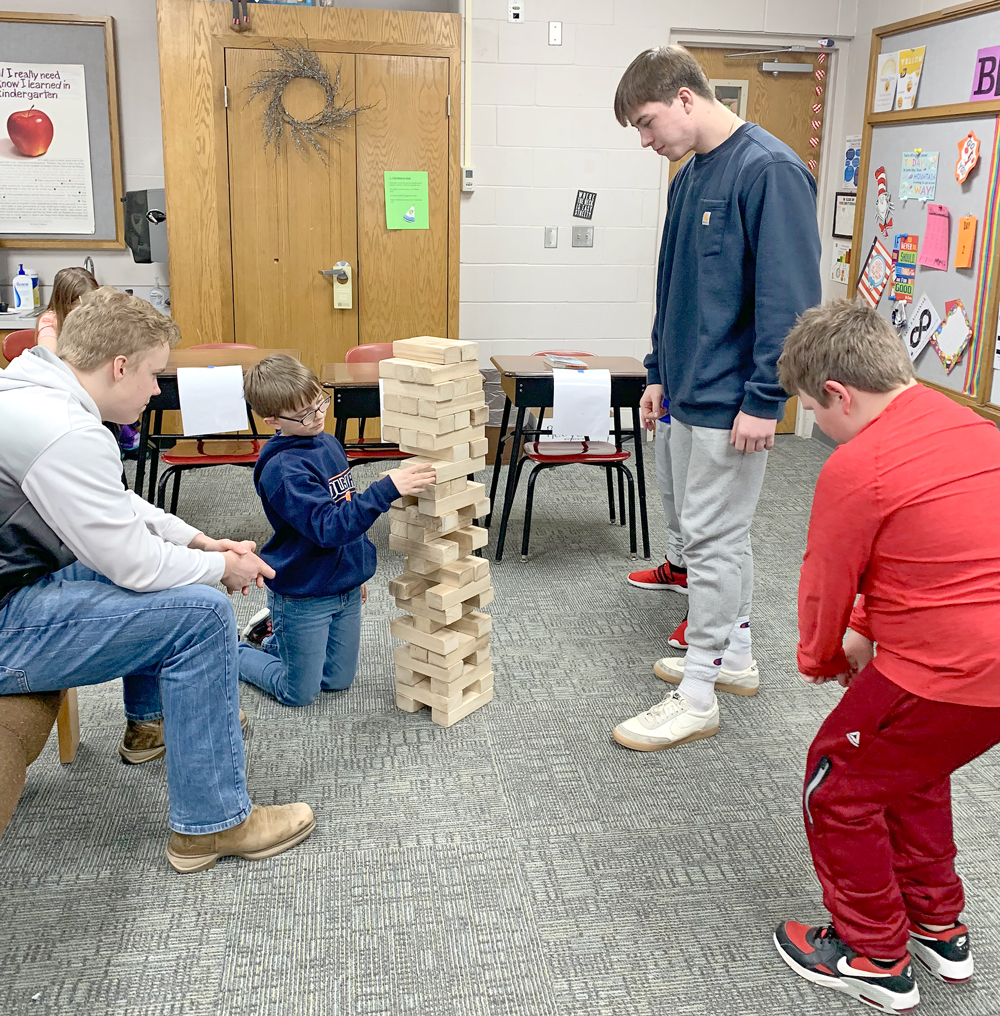
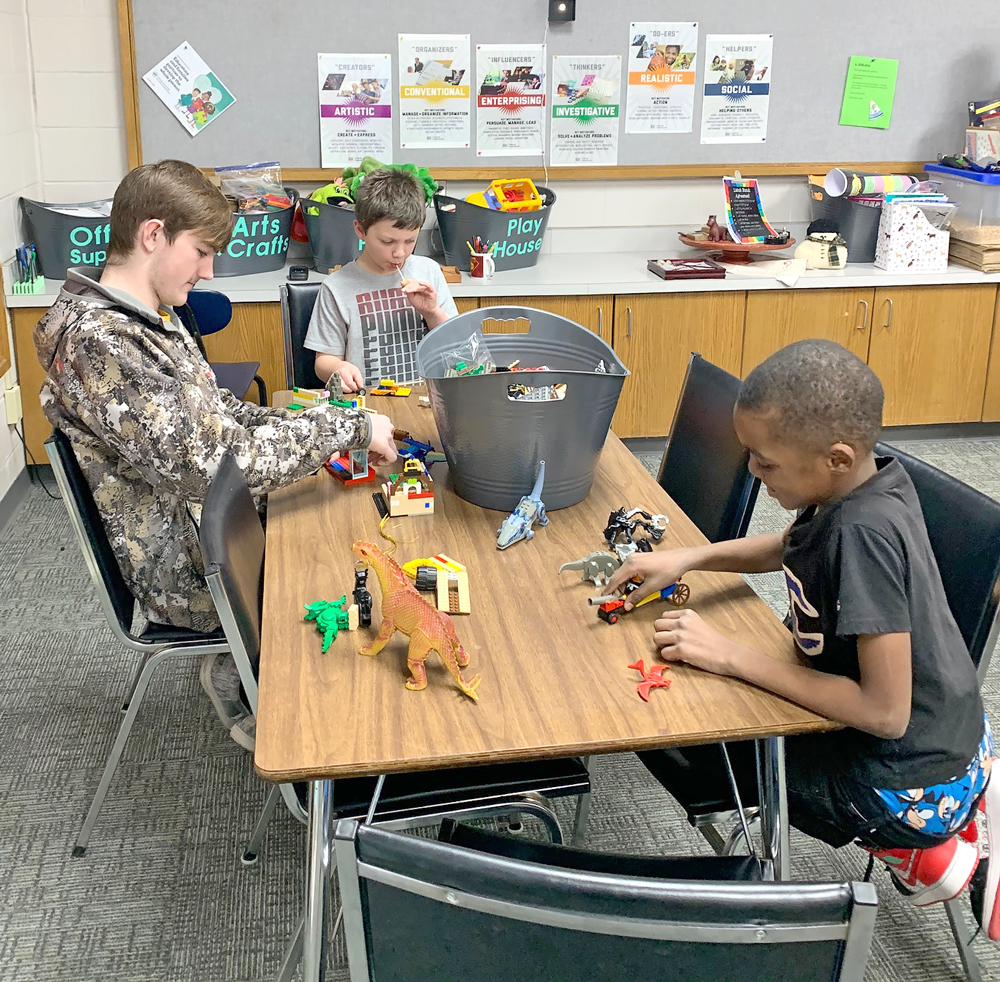
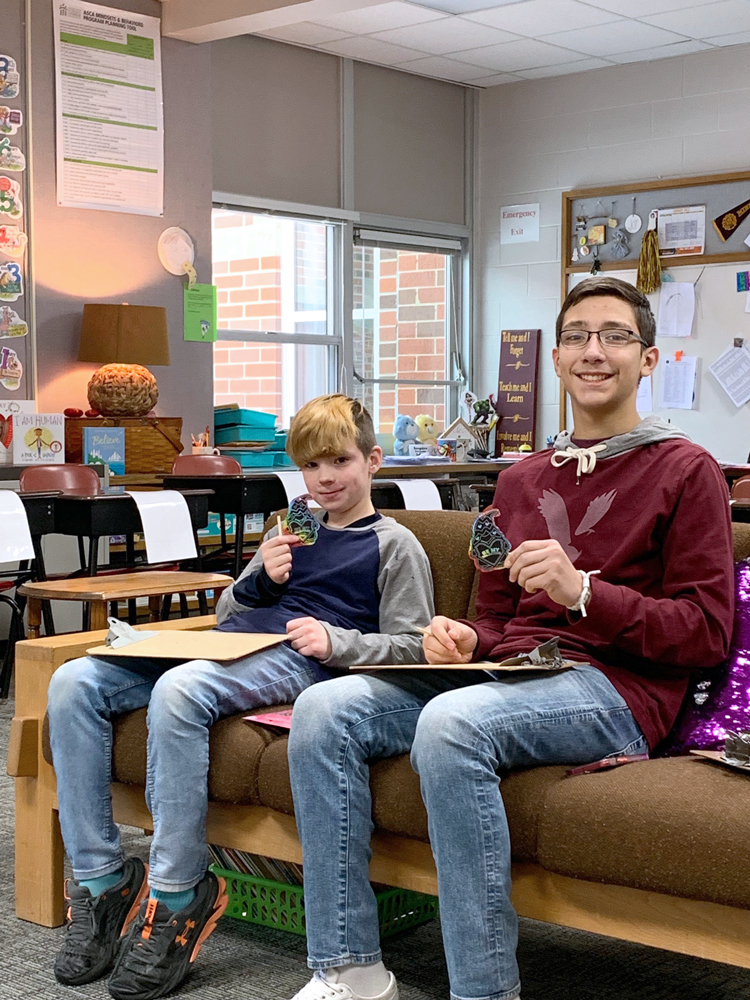
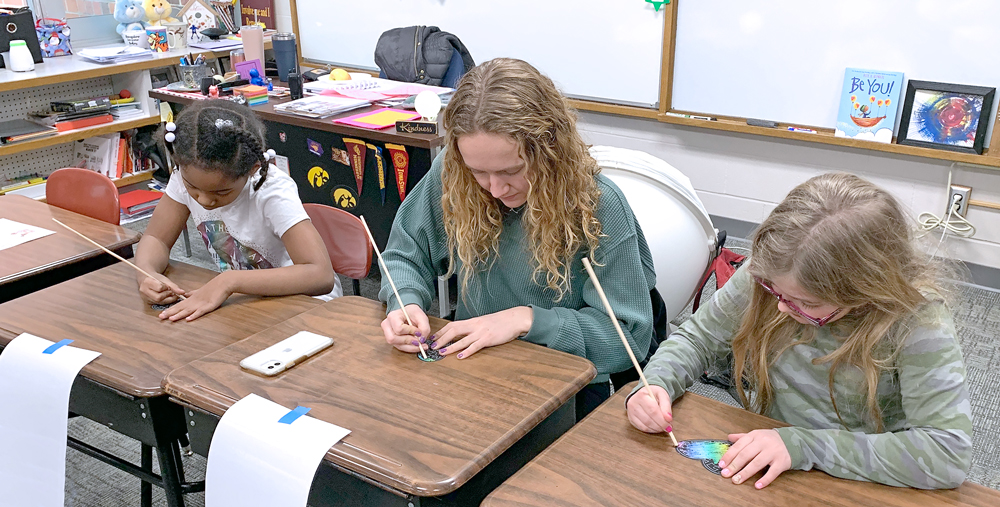
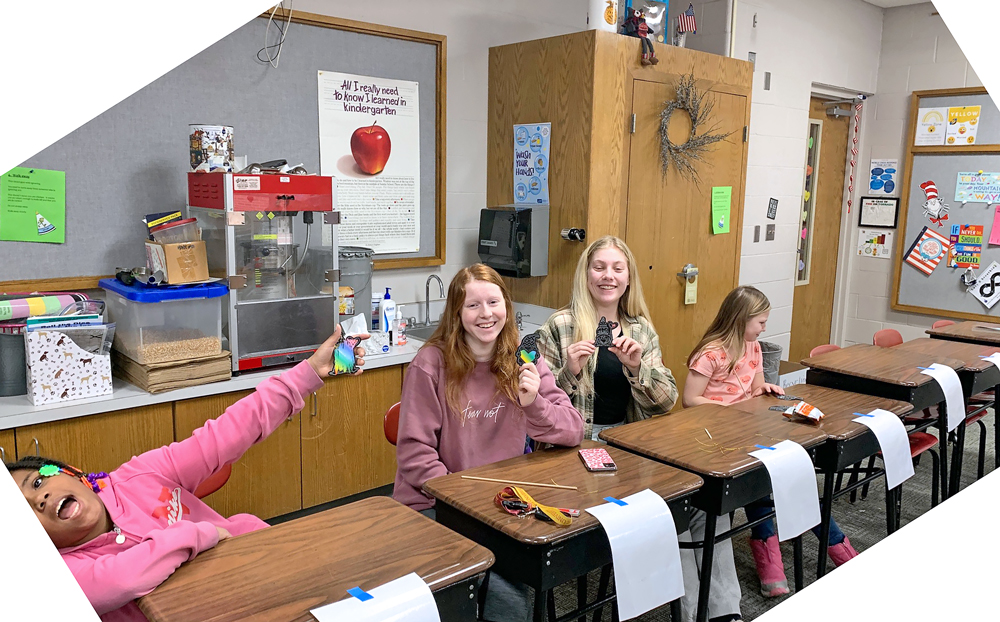
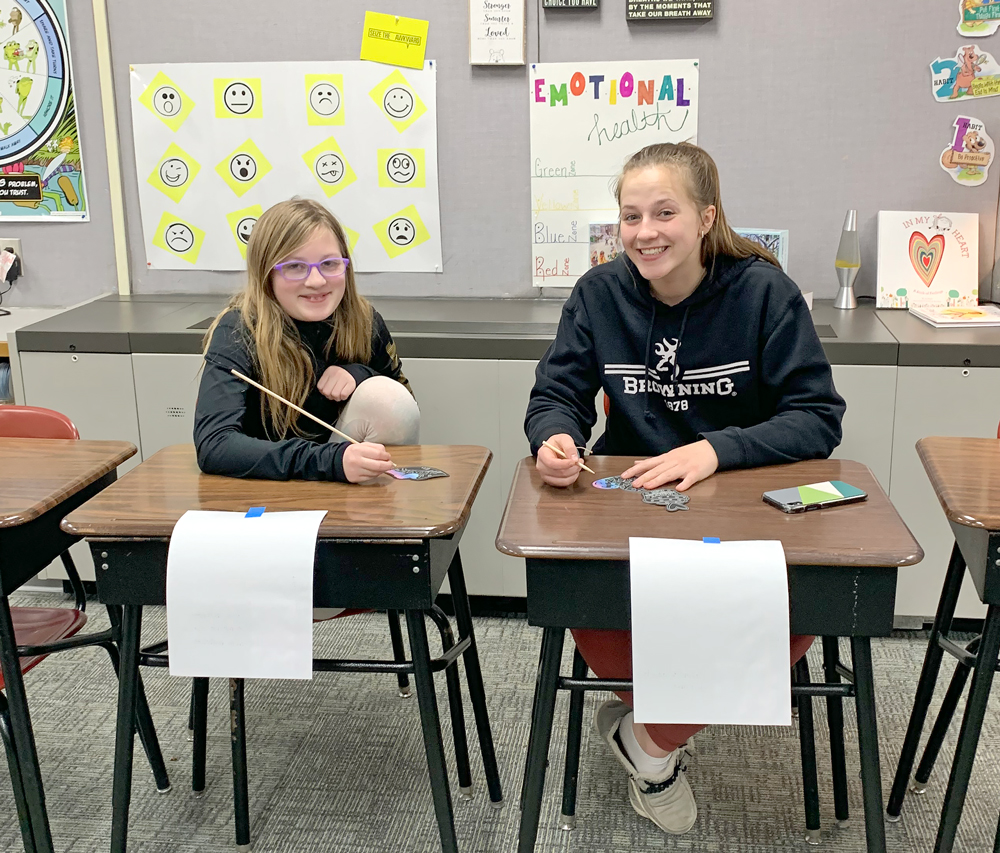


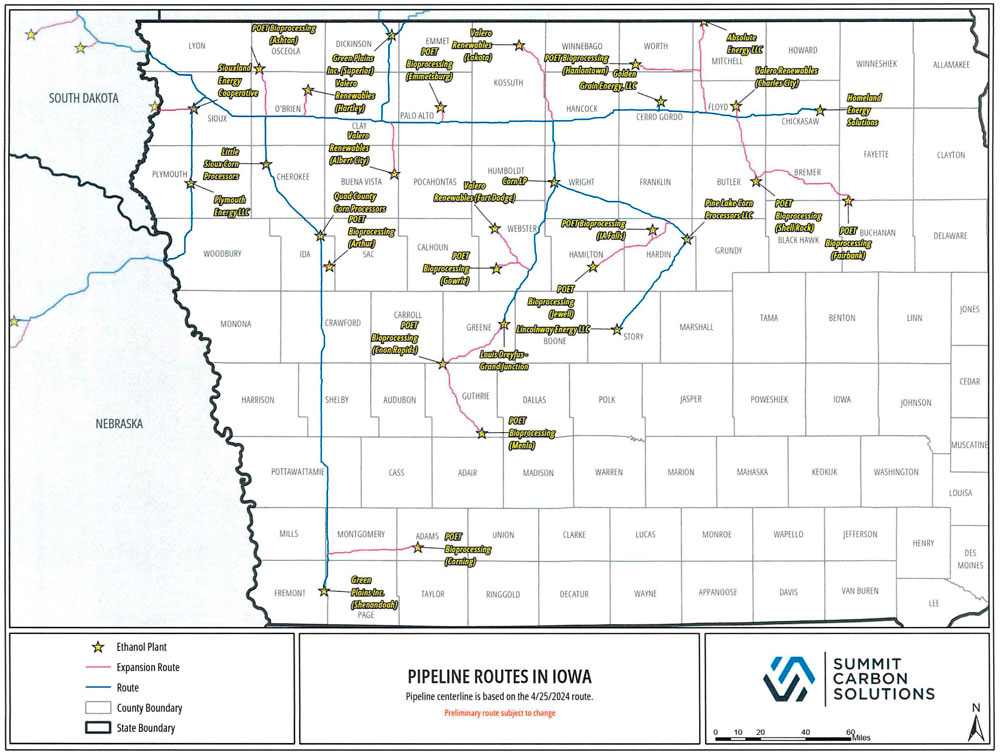

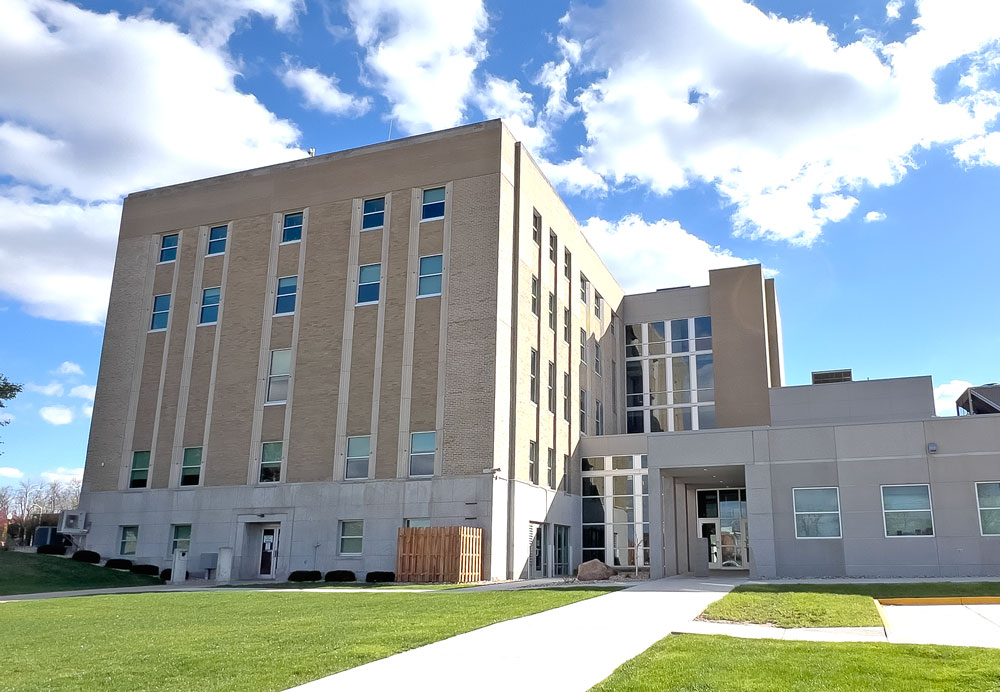
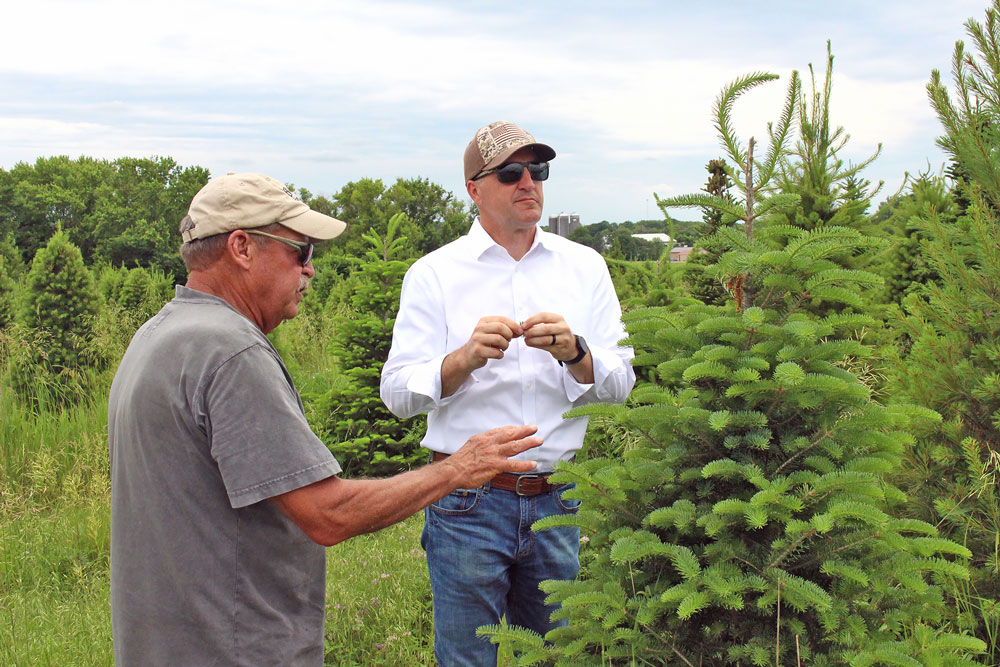



Social Share